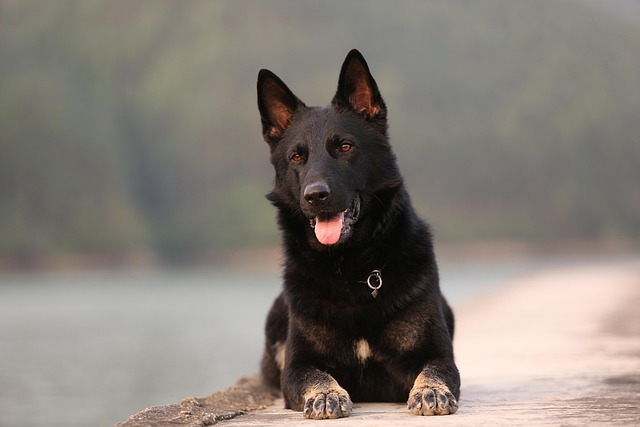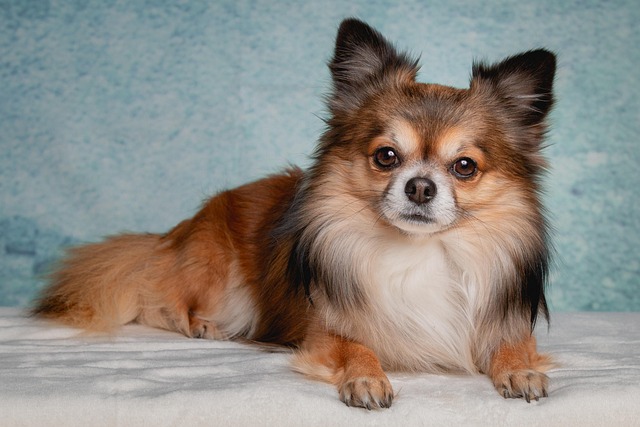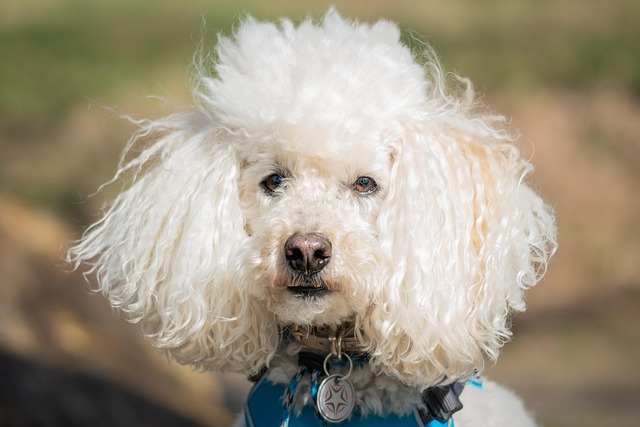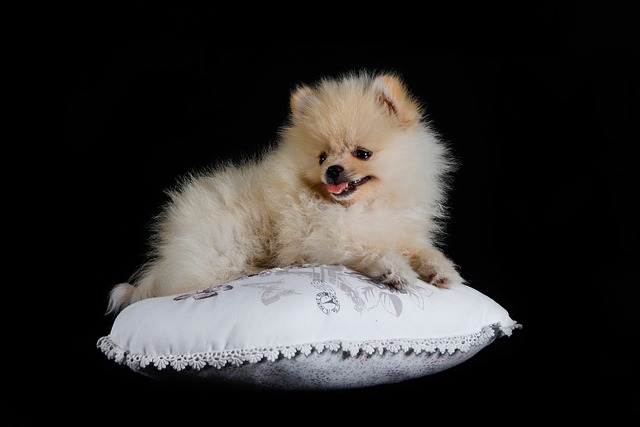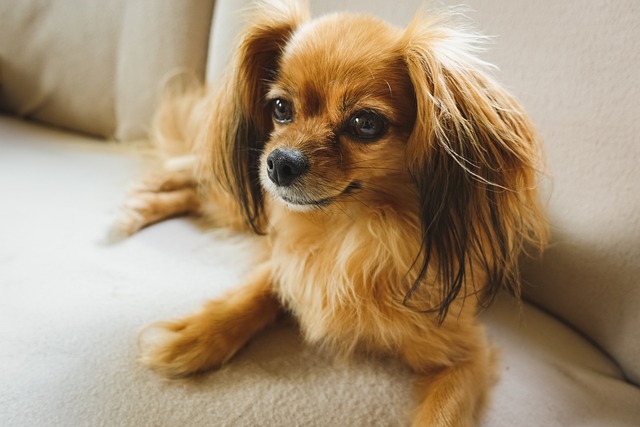Walking through a forest with your Golden Retriever, you might watch them sniff out a squirrel and wonder if they could be a real hunting dog—even if they’re usually just a couch buddy. The short answer is no, not every breed has what it takes, but it’s less about “can’t” and more about their natural instincts and physical traits. Plus, in places like Austria or Montana, hunting with dogs requires following strict licensing rules, so knowing your breed’s limits keeps you legal and your pup safe.
Breeds built for hunting have specific skills baked in over centuries. Pointers freeze to “point” at game, Beagles track scents with their powerful noses, and Labradors retrieve birds from water—all traits shaped by selective breeding. A Chihuahua, for example, lacks the size to carry game or the stamina for long hunts, no matter how much you train them. Even a Border Collie, smart as they are, might herd instead of hunt, since their instinct is to gather, not chase prey.
That said, some “non-hunting” breeds can learn basic hunting tasks with patience—like a Standard Poodle (yes, they’re originally water retrievers!) or a Vizsla mix. But it takes more work than training a breed bred for the job. You’ll need to start with scent games or short retrieve drills, using positive reinforcement to build their interest. In the UK, any dog used for hunting must be trained to follow “no hunt” commands to protect endangered species, so this foundational training is also a legal must.
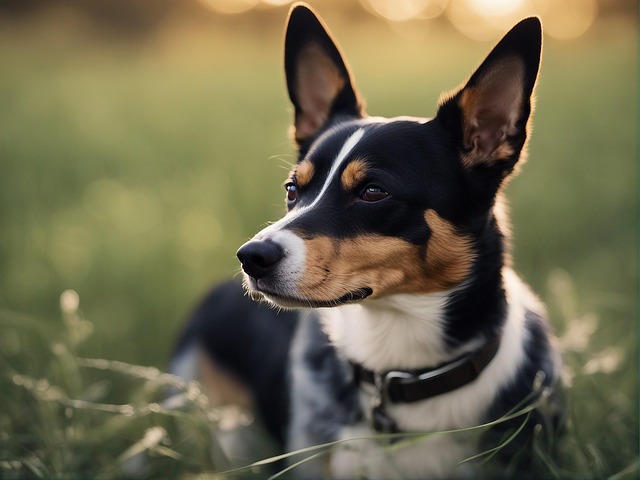 Physical limitations matter too. Short-nosed breeds like Bulldogs struggle with heavy breathing during long hunts, making them prone to overheating. Small breeds risk injury from rough terrain or larger game. Even if a Bichon Frise shows interest in chasing rabbits, their tiny paws and fragile frame make them a poor fit for actual hunting. This isn’t about skill—it’s about keeping your dog from harm, which aligns with animal welfare laws across the EU and US.
Physical limitations matter too. Short-nosed breeds like Bulldogs struggle with heavy breathing during long hunts, making them prone to overheating. Small breeds risk injury from rough terrain or larger game. Even if a Bichon Frise shows interest in chasing rabbits, their tiny paws and fragile frame make them a poor fit for actual hunting. This isn’t about skill—it’s about keeping your dog from harm, which aligns with animal welfare laws across the EU and US.
Hunting regulations also play a big role in what makes a “valid” hunting dog. In Germany, hunting dogs must pass a breed-specific test to prove they can follow commands and handle game safely. A Shih Tzu, for instance, wouldn’t meet these standards, not because they’re untrainable, but because they lack the focus and physical ability required by law. Skipping these tests can lead to fines or losing hunting privileges entirely.
At the end of the day, while not every breed can be a hunting dog, you can still tap into your pup’s natural curiosity with fun, low-stakes activities—like nose work classes or fetch in the park. If you do want a hunting dog, start with a breed built for the task and check local laws first. This way, you’ll keep your dog happy, healthy, and compliant, whether you’re in the woods or just enjoying a walk around the neighborhood.
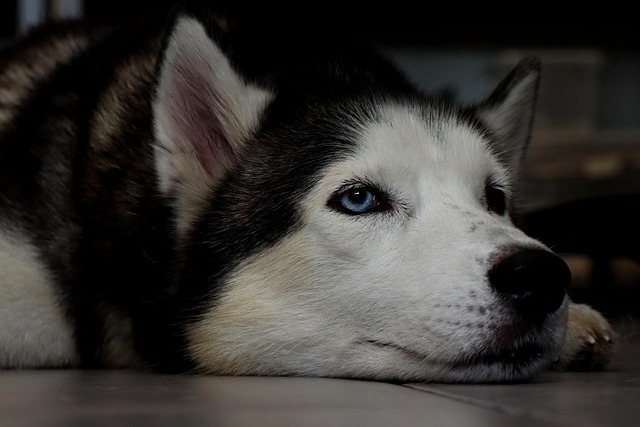
 Physical limitations matter too. Short-nosed breeds like Bulldogs struggle with heavy breathing during long hunts, making them prone to overheating. Small breeds risk injury from rough terrain or larger game. Even if a Bichon Frise shows interest in chasing rabbits, their tiny paws and fragile frame make them a poor fit for actual hunting. This isn’t about skill—it’s about keeping your dog from harm, which aligns with animal welfare laws across the EU and US.
Physical limitations matter too. Short-nosed breeds like Bulldogs struggle with heavy breathing during long hunts, making them prone to overheating. Small breeds risk injury from rough terrain or larger game. Even if a Bichon Frise shows interest in chasing rabbits, their tiny paws and fragile frame make them a poor fit for actual hunting. This isn’t about skill—it’s about keeping your dog from harm, which aligns with animal welfare laws across the EU and US.